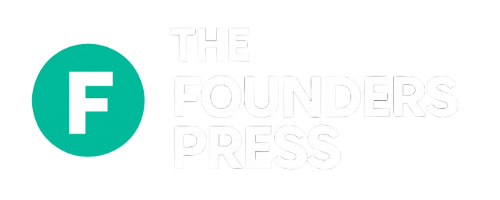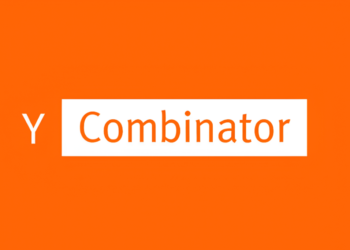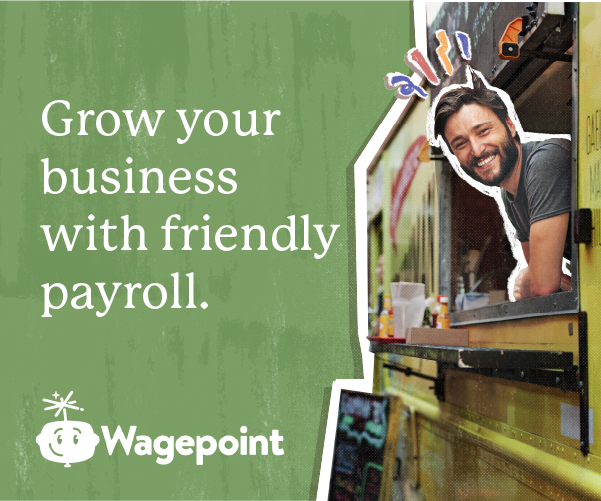
Stand-up comedy is in trouble. For years, the comedy industry has relied on the same formula: big names, two-drink minimums, and club venues packed into urban centers. Young, up-and-coming comedians find it difficult to make a name for themselves, and audiences find ticket prices too expensive for a fun night out.
Traditional comedy clubs are falling behind. Millennials and Gen Z, who are driving the demand for experiences over material goods, find standard comedy club experiences stale (Knowledge at Wharton). Comedy has been a slow adopter of the unique, personal experiences that people are yearning for in this day and age.
Don’t Tell Comedy, founded in 2017 by Kyle Kazanjian-Amory, saw an opportunity to solve these problems by completely rethinking how comedy is presented. Kazanjian-Amory didn’t start out as a comedy entrepreneur. He began in accounting, a far cry from the unpredictable world of stand-up. “I had no idea that working in comedy was even possible,” he said. After months of working at his first job, the realization hit him hard: this wasn’t the life he wanted. Stand-up, a longtime obsession of his, offered the creative outlet he was missing. “Six months into working in accounting, I just knew it wasn’t something I wanted to do for the rest of my life,” he said.
Kazanjian-Amory started small. After watching local open-mic performers bomb, he figured he could do just as badly, so he took his shot. He started producing his own shows in Los Angeles, setting up shop in friends’ backyards and unconventional locations. “It was terrifying, but I just loved the craft of it,” he recalls. Over time, he saw an opportunity to make comedy more accessible. Traditional comedy clubs, with their central locations and high prices, limited the audience. But what if comedy could come to the audience instead? And what if people didn’t know where or who they were seeing until the last minute?
This was the genesis of Don’t Tell Comedy: pop-up comedy shows held in secret, unexpected venues, with a surprise lineup of comedians. As Kazanjian-Amory describes it, the goal was to make these shows feel less like a formal event. The format removed barriers and injected an element of excitement back into comedy. “I liked the idea of bringing stand-up to people’s neighborhoods, making it feel more like a house party comedy show, versus a stuffy bar or club,” he said. By keeping ticket prices low and spreading shows across neighborhoods in over 200 cities, the company has redefined where and how comedy is consumed. Kazanjian-Amory believed that people didn’t need to travel long distances or pay exorbitant prices to see a good show. In his model, a pop-up comedy show could happen just around the corner, in a backyard, or a clothing store.

What makes Don’t Tell Comedy’s growth particularly interesting is the reliance on organic marketing. Unlike traditional comedy clubs that rely on headliners to sell tickets, Don’t Tell Comedy has built its reputation on the quality of the experience itself. “We don’t release the names of performers, it allows us to build trust in the experience itself,” Kazanjian-Amory explained. Audiences come for the surprise, knowing they’ll be entertained regardless of who is on stage. He focuses on the “middle class” of comedians, those talented enough to deserve a platform but without the celebrity status needed to sell out major clubs. “We want to support comedians who aren’t headliners yet, giving them opportunities to build their careers,” he said. Don’t Tell Comedy offers a platform where lesser-known comedians can hone their craft and build an audience. Like much of live entertainment, the comedy industry is in the midst of a digital transformation. Platforms like YouTube and TikTok have allowed comedians to reach global audiences, and Don’t Tell Comedy has leaned into this trend. In 2022, the company started posting short-form comedy specials on YouTube and quickly grew from 5,000 to over 1.7 million subscribers. Kazanjian-Amory sees this digital presence as complementary to the live shows. “Our investment in video content really helped us build the brand,” he said. Studies show that short-form content is key to engaging younger audiences, with TikTok alone boasting over a billion users (Knowledge at Wharton). This shift has allowed Don’t Tell Comedy to reach new viewers who may not have attended live shows but are now part of their online community. Don’t Tell Comedy’s agile approach may be the answer the comedy industry has been waiting for. As Kazanjian-Amory puts it, “I think we’ll be competing with Netflix in less than five years as the go-to place for stand-up.” Whether or not that prediction comes true, one thing is clear: Don’t Tell Comedy is getting harder to keep secret.







